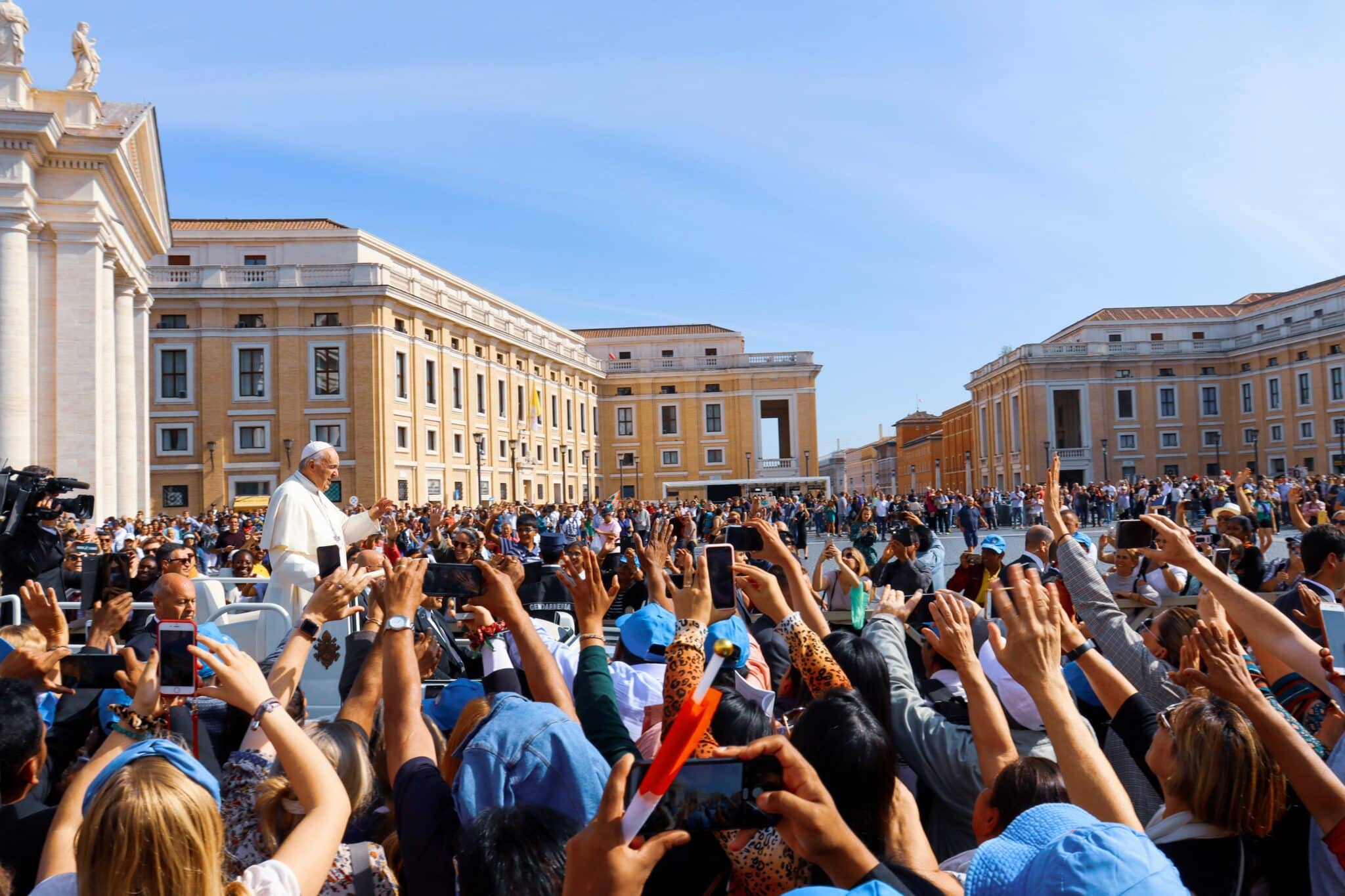forkintheroad7
Platinum Member
- Apr 22, 2024
- 2,073
- 1,383
- 893
The Catholic Church is the only one that goes back to the beginning of Christ's ministry. No other supposed "church" goes back that far. Catholics consider Protestant "churches" ecclesial communities, somewhat a part of the Church, but not THE CHURCH because there is only ONE of those.
So yeh, we know the Church did not fail as many non-Catholic sects tell us ad nauseum. Some of those will tell you that Constantine started the CC.
Oh... and what was the Church b4 Constantine came along? Know what you'll get when you ask that question? Crickets
No, the Church goes back to the days of Jesus Christ, His Resurrection/Ascension
But in case one does not believe that.. There is this: "I will build My Church" Jesus said "And the gates of Hell will not prevail against it"
Mt 16:18
Jesus does not lie
+
So yeh, we know the Church did not fail as many non-Catholic sects tell us ad nauseum. Some of those will tell you that Constantine started the CC.
Oh... and what was the Church b4 Constantine came along? Know what you'll get when you ask that question? Crickets
No, the Church goes back to the days of Jesus Christ, His Resurrection/Ascension
But in case one does not believe that.. There is this: "I will build My Church" Jesus said "And the gates of Hell will not prevail against it"
Mt 16:18
Jesus does not lie
+

